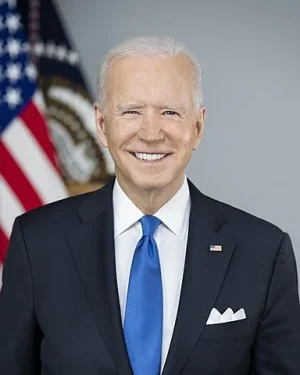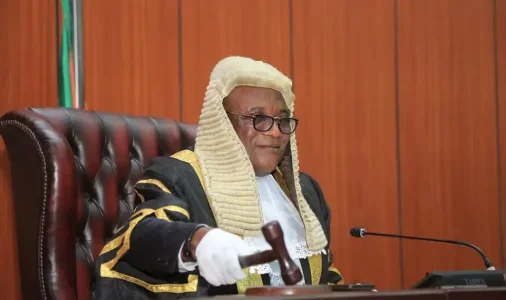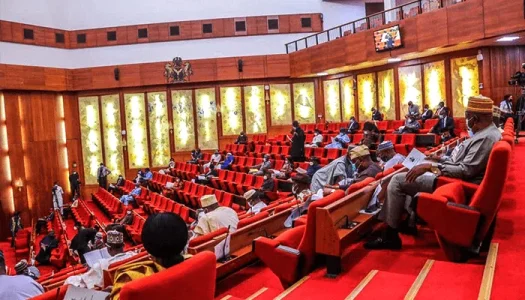
The US condemns ICC's call for the arrest of Israeli PM Netanyahu and Hamas leaders over alleged war crimes in Gaza, questioning the court's jurisdiction.
The United States government has vehemently condemned the International Criminal Court's (ICC) decision to seek arrest warrants for Israeli Prime Minister Benjamin Netanyahu and other Israeli and Hamas leaders over alleged war crimes and crimes against humanity committed during the Gaza conflict.
In a strongly-worded statement, US President Joe Biden described the move as "outrageous," asserting that there was "no equivalence – none – between Israel and Hamas." He dismissed the ICC's attempt to equate the democratic nation of Israel with the militant group Hamas, which he condemned as "mass murderers."
Secretary of State Antony Blinken echoed the president's condemnation, stating that Washington "fundamentally rejects" the ICC's decision. "It is shameful," he said, adding that the "ICC has no jurisdiction over this matter."
The ICC's chief prosecutor, Karim Khan, had earlier announced that there were reasonable grounds to believe that Netanyahu, Defense Minister Yoav Gallant, and several Hamas leaders, including Yahya Sinwar and Ismail Haniyeh, bore criminal responsibility for alleged war crimes and crimes against humanity committed in Gaza.
Netanyahu swiftly condemned the move, accusing the ICC prosecutor of "callously pouring gasoline on the fires of antisemitism that are raging across the world." He questioned the audacity of the court to "dare to compare" Hamas and Israel, labeling the comparison a "distortion of reality."
The US government's forceful rejection of the ICC's decision underscores the deep divide between Washington and the international court over its jurisdiction and authority. The Biden administration has consistently backed Israel, a close ally, and has previously criticized the ICC's investigations into alleged Israeli war crimes in the Palestinian territories.
The ICC's move has also raised concerns about the potential impact on ongoing efforts to reach a ceasefire deal in the Gaza conflict. Blinken suggested that the arrest warrant request could jeopardize these fragile diplomatic efforts.
As the diplomatic fallout from the ICC's decision continues to unfold, the situation highlights the complex interplay between international law, geopolitics, and the pursuit of justice in conflict zones. The US government's resolute stance in defending its ally Israel has once again put it at odds with the ICC's mandate to prosecute alleged war crimes and crimes against humanity.
CopyRetry




